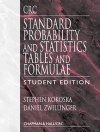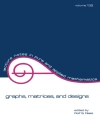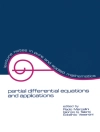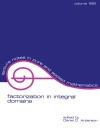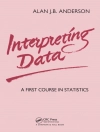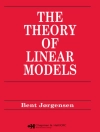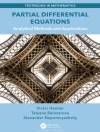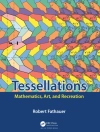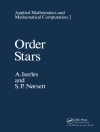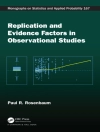This book concentrates on mining networks, a subfield within data science. Data science uses scientific and computational tools to extract valuable knowledge from large data sets. Once data is processed and cleaned, it is analyzed and presented to support decision-making processes. Data science and machine learning tools have become widely used in companies of all sizes. Networks are often large-scale, decentralized, and evolve dynamically over time. Mining complex networks aim to understand the principles governing the organization and the behavior of such networks is crucial for a broad range of fields of study. Here are a few selected typical applications of mining networks: Community detection (which users on some social media platforms are close friends). Link prediction (who is likely to connect to whom on such platforms). Node attribute prediction (what advertisement should be shown to a given user of a particular platform to match their interests). Influential node detection (which social media users would be the best ambassadors of a specific product). This textbook is suitable for an upper-year undergraduate course or a graduate course in programs such as data science, mathematics, computer science, business, engineering, physics, statistics, and social science. This book can be successfully used by all enthusiasts of data science at various levels of sophistication to expand their knowledge or consider changing their career path. Jupiter notebooks (in Python and Julia) accompany the book and can be accessed on https://www.ryerson.ca/mining-complex-networks/. These not only contain all the experiments presented in the book, but also include additional material. Bogumil Kaminski is the Chairman of the Scientific Council for the Discipline of Economics and Finance at SGH Warsaw School of Economics. He is also an Adjunct Professor at the Data Science Laboratory at Ryerson University. Bogumil is an expert in applications of mathematical modeling to solving complex real-life problems. He is also a substantial open-source contributor to the development of the Julia language and its package ecosystem.Pawel Pralat is a Professor of Mathematics in Ryerson University, whose main research interests are in random graph theory, especially in modeling and mining complex networks. He is the Director of Fields-CQAM Lab on Computational Methods in Industrial Mathematics in The Fields Institute for Research in Mathematical Sciences and has pursued collaborations with various industry partners as well as the Government of Canada. He has written over 170 papers and three books with 130 plus collaborators.Francois Theberge holds a B.Sc. degree in applied mathematics from the University of Ottawa, a M.Sc. in telecommunications from INRS and a Ph D in electrical engineering from Mc Gill University. He has been employed by the Government of Canada since 1996 where he was involved in the creation of the data science team as well as the research group now known as the Tutte Institute for Mathematics and Computing. He also holds an adjunct professorial position in the Department of Mathematics and Statistics at the University of Ottawa. His current interests include relational-data mining and deep learning.
Bogumil Kaminski & Pawel Pralat
Mining Complex Networks [PDF ebook]
Mining Complex Networks [PDF ebook]
Cumpărați această carte electronică și primiți încă 1 GRATUIT!
Limba Engleză ● Format PDF ● Pagini 278 ● ISBN 9781000515855 ● Editura CRC Press ● Publicat 2021 ● Descărcabil 3 ori ● Valută EUR ● ID 8213251 ● Protecție împotriva copiilor Adobe DRM
Necesită un cititor de ebook capabil de DRM


